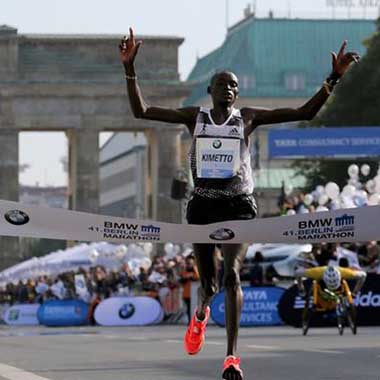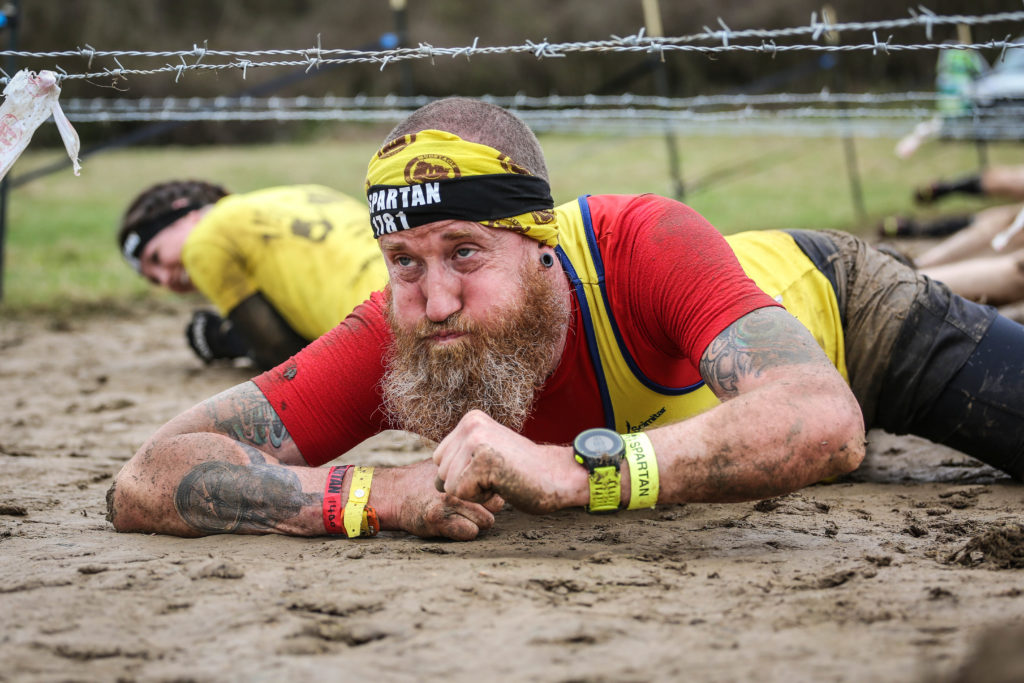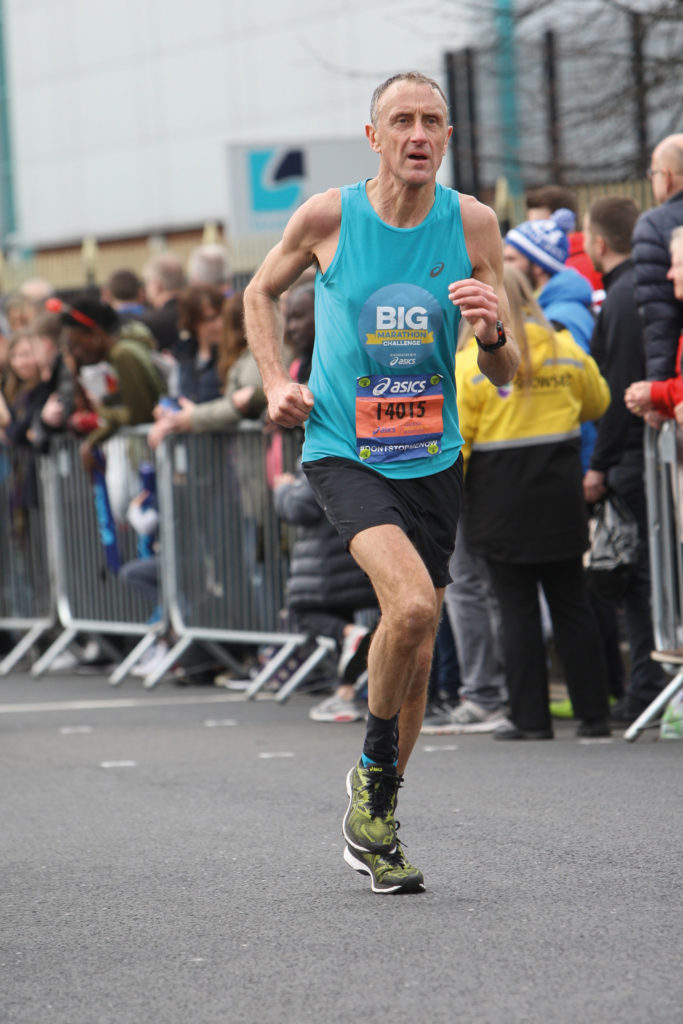When Sir Roger Bannister broke the 4-minute mile on that special day in June, 1954, he did it against a sea of doubters who literally thought the barrier an impossible one to crack. In fact, perceived wisdom at the time was that an individual would literally die to do so.
Of course, history tells us that not only did Bannister break the barrier and live, but that a positive legion of runners have subsequently cracked 4-minutes and that today the record stands at an unfathomable 3mins 43secs. It’s still not easy (as someone who has tried and spectacularly failed) but it does show the feats the human body is capable of.
Yesterday, Kenya’s Dennis Kimetto broke the marathon world record in Berlin running 2hrs 2mins 57secs. In doing so, he opened the door (again!) to the debate over whether the 2hr barrier is now a reality.
His run, the fifth men’s world record set in Berlin in the last eight years, means the marathon record has been cut by nearly three minutes since 1999. The reductions haven’t been massive, rather more steady chips away, but with competition strong among the world’s elite, the chances of further records seem eminently possible.
Kimetto did indeed break the world record, but so too did second-placer Emmanuel Mutai. In fact, if it wasn’t for Mutai’s desire to push the pace in a bid to split the field, Kimetto might not have broken the record at all. We all talk about the benefits of a negative split, but few would have thought that Kimetto, spurred on by competition, would return in an astonishing 61.12 for the second half of the race.
Kimetto was quoted as saying: “I felt good today for today is a big day for me. The fans made me confident and I thought I could do it. From what I saw today, times are coming down and down. So if not today, then tomorrow. Maybe next time we’ll get 2:01.”
It’s a mouth-watering prospect. The fact that there are four or five men all capable of running at this speed is the real reason that the 2hr barrier is a reality. When Bannister aimed for sub-4, he was doing so to beat the Australian John Landy to the mark. When Steve Cram broke the 3.30 barrier for 1500m, he did so with Said Aouita literally inches away.
Technologically and training have improved massively, but there’s nothing like the thrill of rivalry. It couldn’t be a more exciting time for marathon running.







